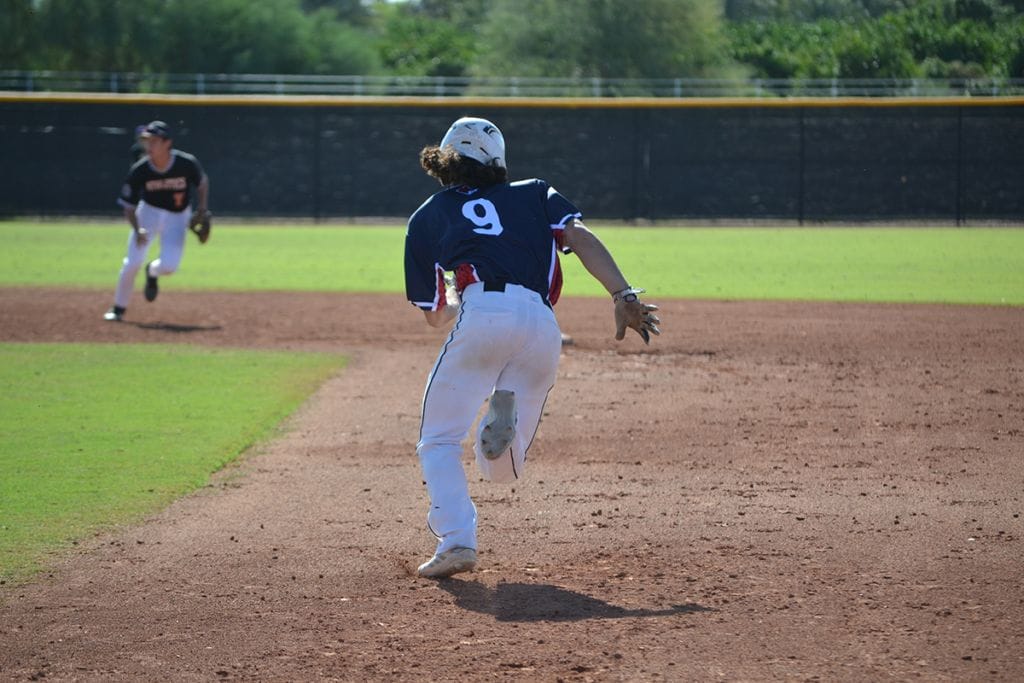Being a student-athlete can be demanding, what with the daily grind of balancing grades, training, and competing in sport, especially if you’re working to become an elite athlete. To successfully navigate these student-athlete demands, there are some basic guidelines we recommend following.
Time management may be the most important item on the list.
Without it, you could feel like you’re juggling chainsaws.
Most always, school comes first. Without it, you are unlikely to participate in sport – so that’s an easy one.
What are some good tips for time management?
There are opportunities to combine the educational requirements of a traditional school setting with a robust sport-specific training program. Speed Mechanics in Victoria has effectively conceived a way to integrate a classroom environment into an indoor, high-performance training facility. Gone are the days of parents madly running about, chauffeuring kids from place to place. Regardless of your age, understanding the priorities and commitments required of a student-athlete is essential for balancing academics and athletics.
Defining Importance
At the end of the day, your sport could largely be considered an extracurricular activity. Even those aspiring to go pro can still maintain a steadfast focus on studying, pursuing degrees in athletic therapy or exercise science if you’re keeping your interests rooted in athletics.
There are many other career choices – strength and conditioning coaches, data analysts, physical therapists, and many other interesting jobs have programs available to prepare you for your future after sports.
It is important for student-athletes to receive support for both school and sport, as they should be seen as complementary priorities. Of course, if you have to ultimately choose, your commitment will likely be aligned with educational pursuits. Additionally, sports should be considered an opportunity to exhibit your capabilities, not a stressful competition. Even though a coach may demand a lot out of you, the sports atmosphere must refrain from becoming toxic.
Finding Motivation
Keep it simple, like when you were a kid, earnestly discovering how to participate in sport. Failing was rarely mentioned, so the involvement was fun and stress-free. Keeping that honesty is paramount.
Staying motivated can be as simple as having short-term and long-term goals in place that will keep you invested, both academically and athletically. This process will assist you in actively building a better future version of yourself.
Pace Yourself
Making time for yourself is hard, as most student-athletes have not fully discovered what it means to effectively balance the demands of school, sport, and life. Building your identity as an athlete can be all-consuming and when you want to get away from it all, it can be tough to disconnect. Feeling like you’re not doing enough can be debilitating and counterproductive for athletes – especially when it seems like others around you have it all going.
So take breaks, have a personal life, and learn to integrate the opportunity to have outside interests. Work on networking with others, outside of being a student-athlete, and with friends and family. You’ll be surprised how you feel down the road and you’ll learn a lot about yourself.




